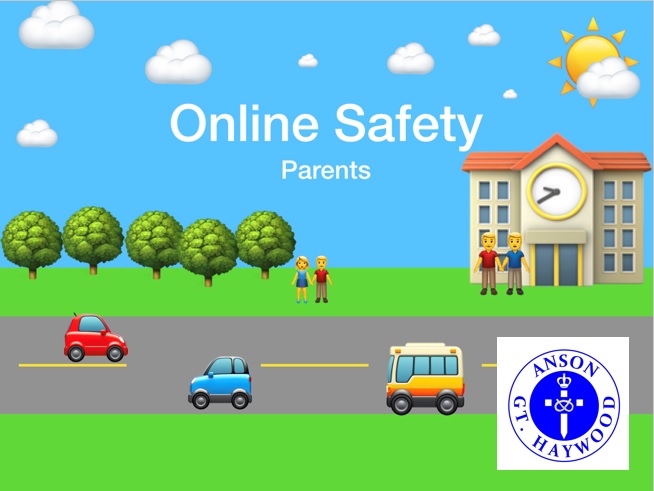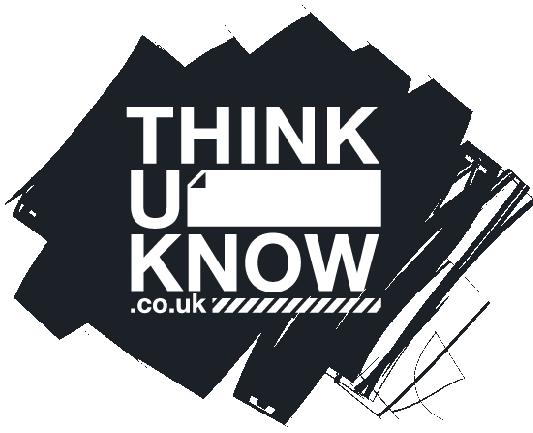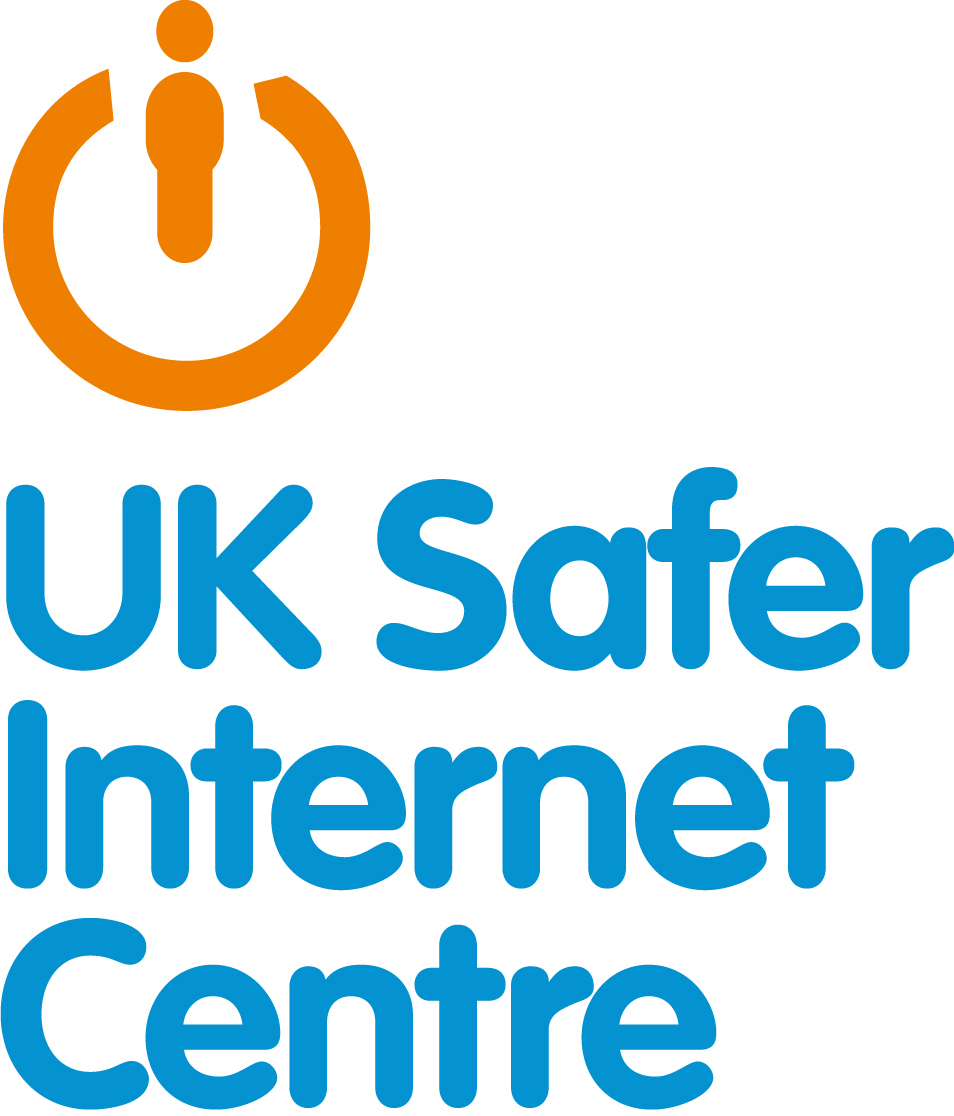E-Safety Newsletters
E- Safety Newsletters |
Anson's Parent Online Safety Presentation
Please click the picture below to watch out Parent Online Safety Presentation
E-Safety at Anson
We believe that the Internet is an essential part of 21st century life and has a valuable role to play in the education of our pupils. Our school has a duty to provide our pupils with quality Internet access as part of their learning experience.
The Internet is a key element of our ICT teaching and learning. In delivering the curriculum, teachers need to plan for and make use of communications technology, for example, web-based resources and e-mail. Access to life-long learning and employment both increasingly require computer and communications use and pupils need to develop ICT life skills..jpg)
We believe that the internet is a valuable teaching resource that can enhance learning and raise educational standards by offering pupils and teachers opportunities to search for, and access multimedia information from a range of sources all over the world. We understand that as with any school resource ICT needs to be managed carefully to ensure its educational effectiveness and safe usage. Below are some of the organisations that support this work.
Useful NSPCC Sites for your information.
Setting up ground rules- Digital family agreement
Digital Family Agreement (lgfl.net)
Some other useful resources
Talking to your child about staying safe online
Teaching Your Child about Internet & Online Safety | NSPCC
Parent advice by age of child
Internet safety advice and information | Internet Matters
Setting up parental controls
Parental controls & privacy settings guides | Internet Matters
Online gaming
How to Ensure Your Children Stay Safe While Playing Online Games | NSPCC
Social media
Reporting concerns
Keeping children safe online | NSPCC
What Parents Need to Know about Roblox
What Parents Need to Know About Roblox - Video Guide
Child Explotation and Online Protection Centre (CEOP)
When should I report to CEOP?
We help children stay safe online. Has someone acted inappropriately towards you online or to a child or young person you know? It may be sexual chat, being asked to do something that makes you feel uncomfortable or someone being insistent on meeting up. You can report it to CEOP by clicking the icon below.
If you need immediate help or have a real emergency?
If so call 999 or contact your local police




.png)




